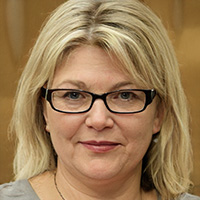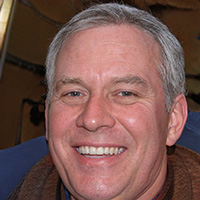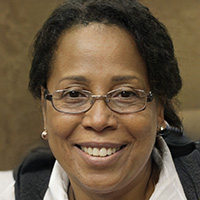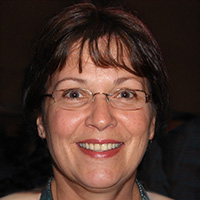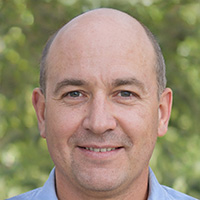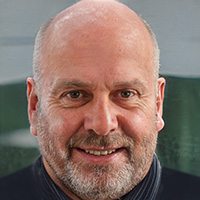In this article, the Nomenial team will talk about diseases such as Alzheimer’s, Parkinson’s or Stroke. Carers, families, social workers, health personnel, the older adults and those with dependencies. There are many different groups with whom we have dealt from our professional experience and this post is dedicated to the most recurrent diseases. Due to their seriousness, they exponentially reduce the autonomy of patients suffering from them.
Alzheimer’s, Parkinson’s and Stroke
The person who suffers from Alzheimer’s will suffer irremediable cognitive deterioration. This is the object of much research throughout the world. It is a disease that has its maximum number of cases as age increases, becoming more serious from the age of 80 onwards. Unfortunately, this disease is terminal and incurable. The only thing that can be done is to slow down its progress. It is possible to do this with the mental exercise that can be provided routinely by a family member or a carer specialized in Alzheimer’s.
Parkinson’s is closely related to Alzheimer’s, with cognitive deterioration being present in addition to physical and muscular deterioration. This disease is also completely incurable. However, it is very important to keep the patient away from sedentary life and to stimulate activity and movement. Here, the ideal professionals must be carers specialized in the disease, have notions of mobility and, occasionally, have a physiotherapist.
Caregivers of people with cancer usually care for patients who are old or in an advanced stage of the disease. Unfortunately, this type of illness affects many age groups and is not like the previous ones that appear especially in older people. Unfortunately, cancer also affects children. The importance of fighting this disease lies in the treatments and a positive attitude to face this cruel pathology.
Another disease to take into account is Stroke, as the third cause of death in Europe and 3.5% of the population over 65 in Spain. Stroke presents different evolutions, from requiring rehabilitation, to deriving in dependence in a short time or even dementia. This disease is inopportune and advances in an accelerated way. Due to its speed, it is one of the most fortuitous and cruel diseases.
Diseases without a cure
All these diseases have the common characteristic of punishing both the person who suffers from it and his or her family. They generate a shocking problem and lead to depression, sedentariness, unhappiness and isolation. To fight these great injustices that produce the asphyxiation of those who suffer from it. It is also an essential task for their loved ones. Besides being necessary and this society is asking for it out loud.
That said, there is a special demand for love, affection, left hand, caring and emotional aspects intrinsic to caregivers. These characteristics make them memorable people. Family members who have come from nowhere, from the scourge of a severe illness, to the support of a docile and affable caregiver will know how that great anguish, in a way, diminishes after hiring a carer
